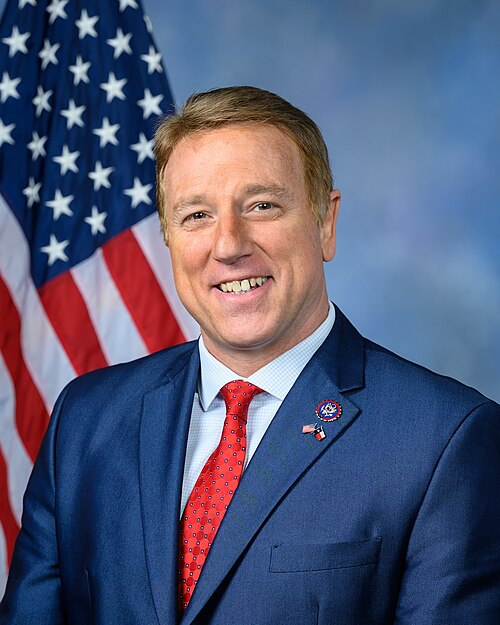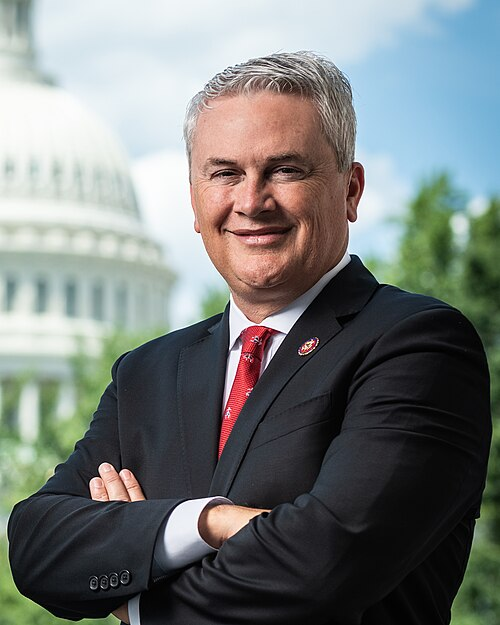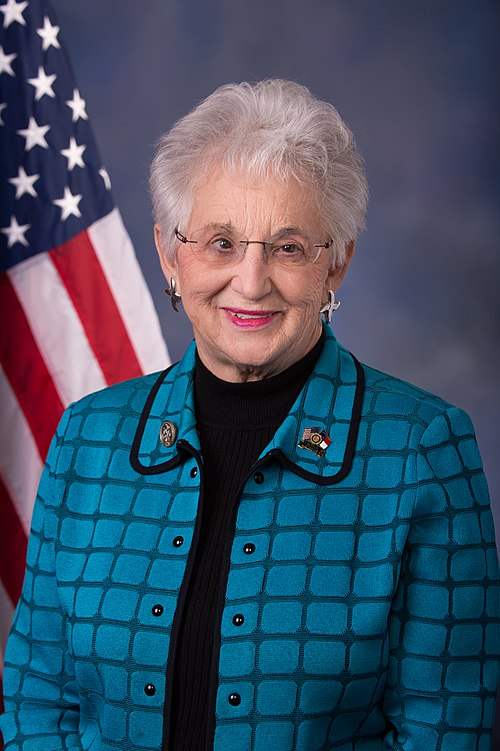H.R. 3279: Renewing Efficiency in Government by Budgeting Act of 2025
The Renewing Efficiency in Government by Budgeting Act of 2025 (H.R. 3279) aims to regulate how federal agencies impose new regulatory costs without funding. Here are the key elements of the bill:
Establishment of Regulatory Budgeting
The bill requires the Director of the Office of Management and Budget (OMB) to set annual limits on the collective and individual regulatory costs that federal agencies can impose without funding. The limits are to be established before the start of each fiscal year.
Agency Proposals for Limits
Before the Director sets these limits, each agency must submit:
- A proposed limit on the additional unfunded regulatory costs it seeks to impose for the upcoming fiscal year.
- Details explaining the basis for this proposed limit.
Implementation of Limits
The Director cannot implement any agency's proposed limit that would allow a net increase in additional unfunded regulatory costs unless Congress approves it. If Congress does not approve, a default limit will be enforced, preventing any net increase.
Reporting and Accountability
Following the establishment of limits, the Director must:
- Report to Congress about the established limits and the reasoning behind them.
- Publish these reports on a designated website.
Agencies must also report the costs of any rule that might exceed established limits before finalizing them.
Prohibition on Certain Rules
No agency can finalize any rule that would impose additional unfunded costs exceeding established limits unless Congress approves said rule. This requirement does not apply if the rule is necessary for emergencies, criminal law enforcement, national security, or is mandated by an international trade agreement.
Exceeding the Set Limits
If an agency wants to exceed its regulatory limit for a rule, it must notify the OMB first, providing justification and an assessment of the costs that would be imposed. The Director must agree before the agency can proceed with that rule.
Judicial Review
Individuals can challenge agency actions if they feel an agency did not comply with the new requirements concerning the limits on regulatory costs.
Associate Administrator Role
The bill establishes a new position within the OMB called the Associate Administrator for Regulatory Budgeting, appointed by the President, who will oversee the implementation of this act.
Annual Reports to Congress
Each year, the Director must provide a report to Congress detailing whether the limits were exceeded in the previous fiscal year, why they were exceeded, and what rules were affected if any limits were exceeded.
Exemption from Monetary Policy
Regulatory rules related to monetary policy by the Federal Reserve are exempt from the limits established by this act.
Definitions
The bill includes definitions for key terms such as "additional unfunded regulatory cost," "agency," "cost," and others, clarifying the scope and application of the legislation.
Relevant Companies
- None found
This is an AI-generated summary of the bill text. There may be mistakes.
Sponsors
3 bill sponsors
Actions
2 actions
| Date | Action |
|---|---|
| May. 08, 2025 | Introduced in House |
| May. 08, 2025 | Referred to the Committee on Oversight and Government Reform, and in addition to the Committee on the Judiciary, for a period to be subsequently determined by the Speaker, in each case for consideration of such provisions as fall within the jurisdiction of the committee concerned. |
Corporate Lobbying
0 companies lobbying
None found.
* Note that there can be significant delays in lobbying disclosures, and our data may be incomplete.
Potentially Relevant Congressional Stock Trades
No relevant congressional stock trades found.


